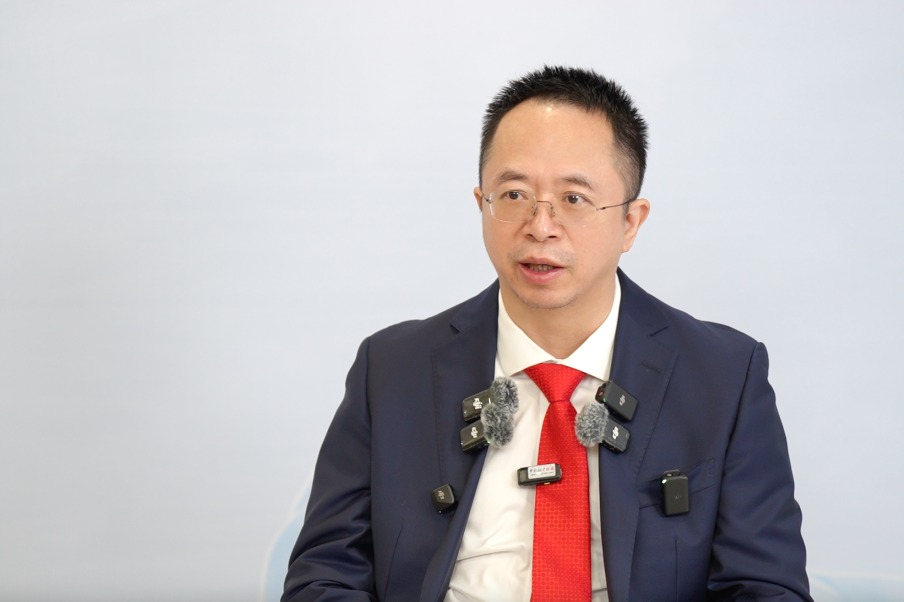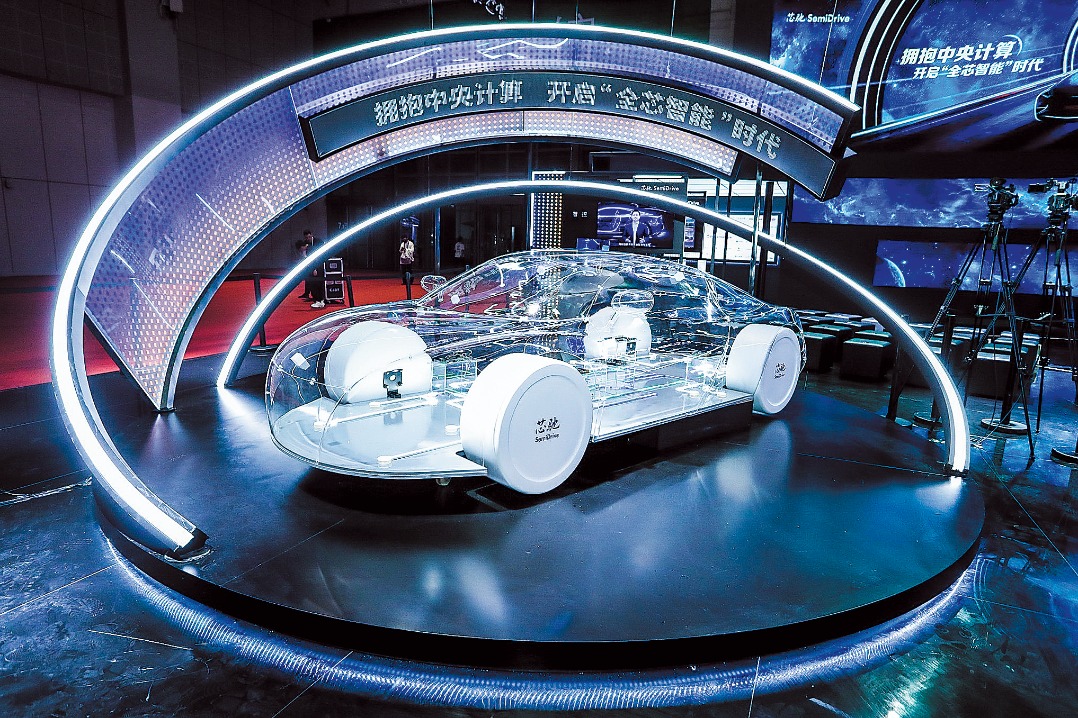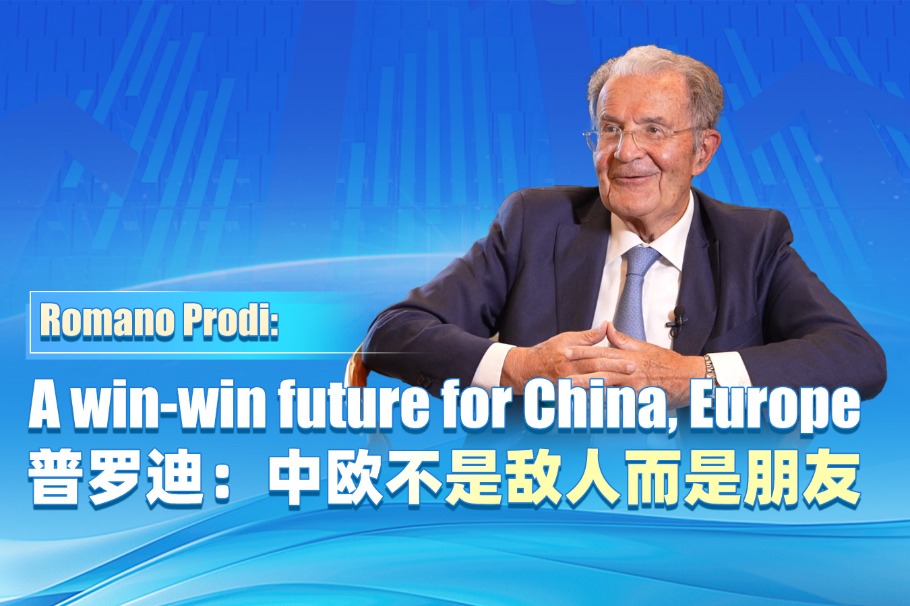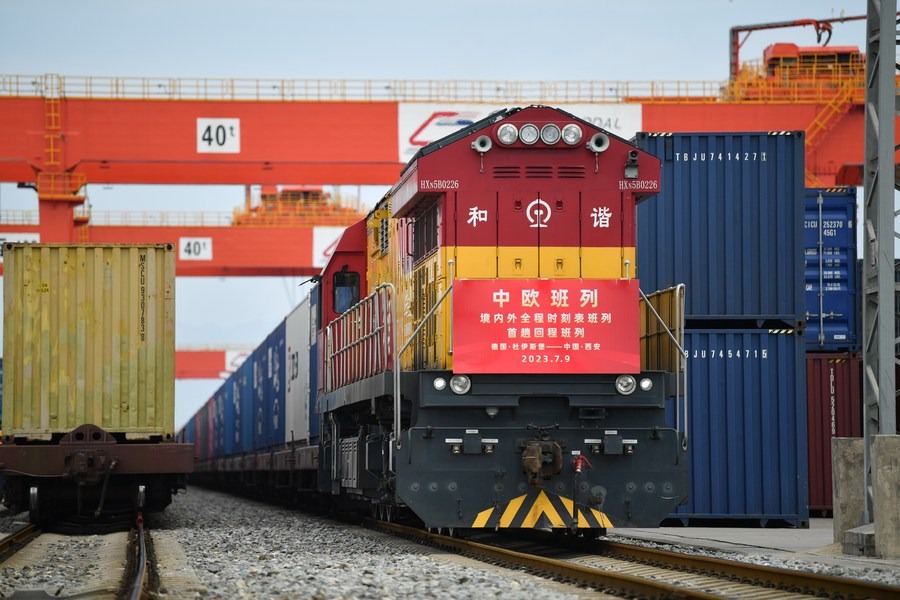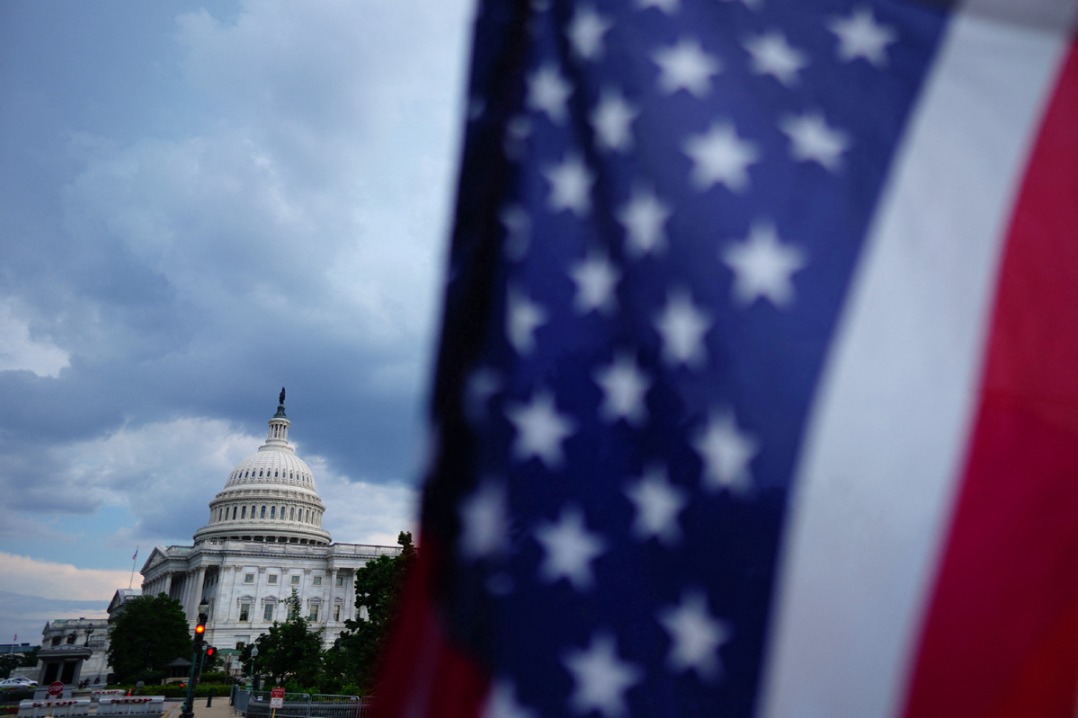What's behind Nvidia's charm offensive?


Nvidia founder and CEO Jensen Huang's recent high-profile visit to China projected warmth: posing with Xiaomi founder and CEO Lei Jun, donning a Tang suit, speaking Mandarin, and attending the China International Supply Chain Expo. The optics were undeniably charming. But behind the handshakes and photo ops lies a stark reality China cannot ignore, argues tech industry influencer Zhao Hongmin in an article published on Sina Weibo. The following is the excerpt of the article.
China is being sold Nvidia's fourth-tier technology. The H20, the most advanced chip Nvidia can legally export to China under US restrictions, carries the blunt label "fourth-best" – a designation coming not from critics, but directly from US Commerce Secretary Howard Lutnick. This is more than mere rhetoric; it reveals Washington's deliberate strategy to restrict China's access to cutting-edge computing power.
Lutnick laid bare the calculus: "We won't sell them our best, not our second best, not even our third best." Keeping Chinese companies reliant on North American technology serves US interests, Lutnick said. "You want to sell the Chinese enough that their developers get addicted to the American technology stack," Lutnick stated plainly. "That's the thinking". The message is clear: Washington fears being overtaken but refuses to relinquish the lucrative Chinese market.
Simultaneously, China's domestic capabilities are surging. Huawei's Ascend 910B delivers 320 TFLOPS – more than double the H20's 148. The upcoming Ascend 910C, leveraging cutting-edge HyperNode architecture, can link 384 compute cards into a supercluster that outperforms even Nvidia's top-tier setup of 72 NVLink-connected B200 chips. The performance gap isn't merely closing; in critical areas, China is pulling ahead.
Relying on deliberately constrained fourth-best chips is a dangerous trap. Building critical AI infrastructure around the H20 creates structural bottlenecks and strategic vulnerability, leaving Chinese companies exposed to escalating political whims and future export bans. Betting on handicapped foreign technology isn't resilience – it's gambling with unnecessary risk.
The path forward is clear: diversification and localization. China must accelerate its adoption of competitive domestic alternatives. Huawei's progress proves homegrown chips aren't just "good enough" – they are becoming competitive leaders. The transition demands effort, but even partial replacement of foreign chips reduces risk and builds crucial leverage.
The unavoidable truth remains: if US policy persists, a full chip cutoff is inevitable. Charm offensives may be pleasant. Strategic independence is non-negotiable.
The views don't necessarily reflect those of China Daily.
If you have a specific expertise, or would like to share your thought about our stories, then send us your writings at opinion@chinadaily.com.cn, and comment@chinadaily.com.cn.
















